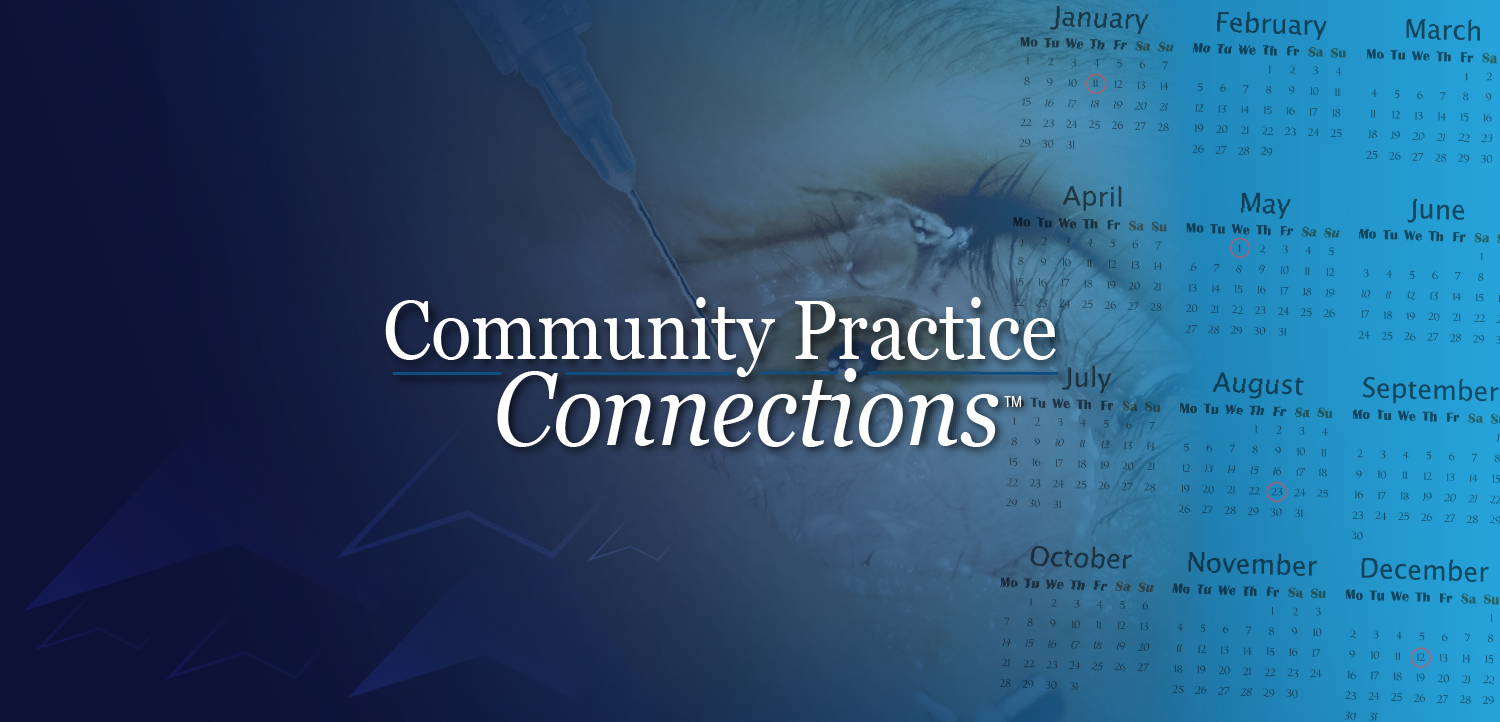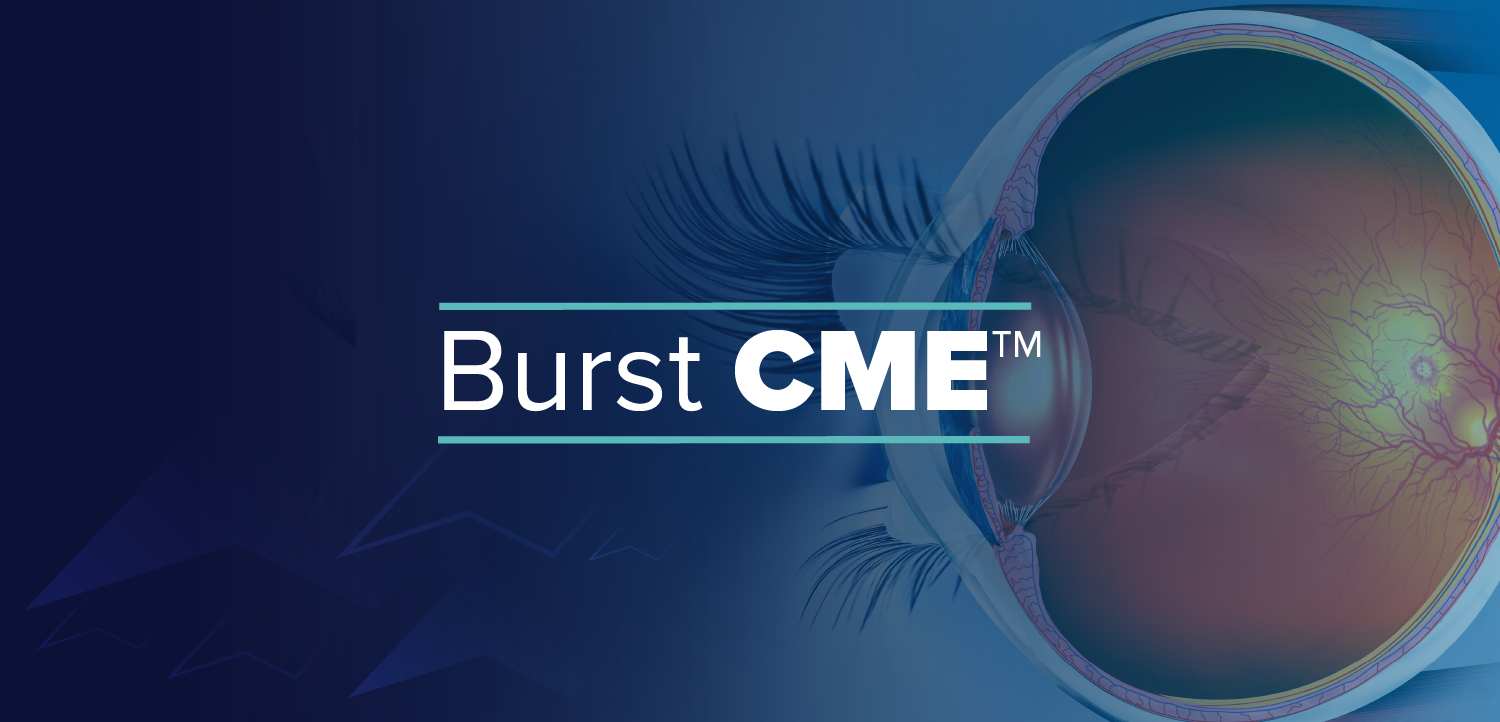
Optometry publishing: Here’s your starting point
If you’re asking about something, chances are your colleagues are, too. Look into it, figure it out, and write about it! This is the advice I gave to Southern College of Optometry faculty members during a recent invited presentation about publishing in non–peer-reviewed journals. By far, the biggest question I was asked was, “How do I start?”
Did you have a clinical presentation that was a head scratcher today?
Did you wonder how or why a diagnostic test is performed?
Did something interesting come up during a discussion with one of your students/mentors/mentees/colleagues?
If you’re asking about something, chances are your colleagues are, too. Look into it, figure it out, and write about it! This is the advice I gave to Southern College of Optometry faculty members during a recent invited presentation about publishing in non–peer-reviewed journals. By far, the biggest question I was asked was, “How do I start?”
The best thing to write about is your passion. Do you love the challenge of working with children and contact lenses? Then don’t write about secondary glaucomas! If you have great ideas about how to talk with patients in the optical, don’t chain yourself to the desk to crank out a piece on implementing ICD-10. Go with what you know. You’ll have a more enjoyable time writing about it, and the end result will be better, too.
Alternatively, researching a topic in order to learn more or answer a question is another way to begin your professional publishing career. Documenting the process you went through to figure out Mrs. Jones’s IOP spike can help your colleagues learn just what you did. You don’t need to be an expert on the topic if you position the article as a journey of learning.
Don’t make the mistake of thinking, “Nobody will want to read about that.” Consider this: Daily disposable contact lenses launched almost 20 years ago (has it been that long?), and we’re still writing about them. Every practitioner doesn’t read every article in every journal, I’m sorry to say. A good article idea isn’t limited to one time around. Remember, if it’s interesting to you, it likely is interesting a bunch of other people as well.
So get started! The good people at Optometry Times would be delighted to help you publish your first (or tenth) article. Drop me a line with your question or idea from today: gbailey@advanstar.com.ODT
Newsletter
Want more insights like this? Subscribe to Optometry Times and get clinical pearls and practice tips delivered straight to your inbox.



















































.png)


